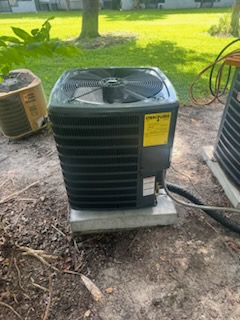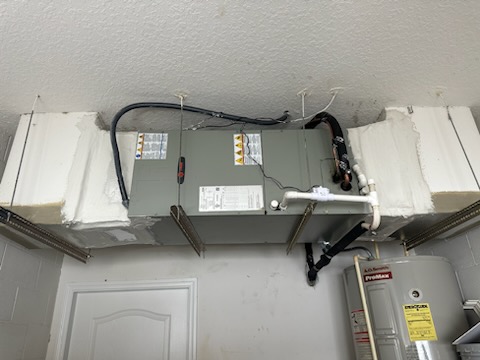The Importance of Timely HVAC Repairs for Energy Efficiency
The Importance of Timely HVAC Repairs for Energy Efficiency
Blog Article
The Importance of Timely HVAC Repairs for Energy Efficiency
Heating, Ventilation, and Air Training (HVAC) methods are important for sustaining comfort in houses and businesses. Nevertheless, like all physical systems, they can fail around time. Distinguishing early signs of trouble can help you save from expensive fixes and guarantee the body operates efficiently. Here's how to acknowledge whenever your HVAC service program needs repair:

Signs Your HVAC Process Needs Repair
There are numerous signals your HVAC process may need repair. Some tend to be more obvious than others, but it's crucial that you look closely at any improvements in your system's performance. Ignoring possible issues may lead to help expand damage and costly repairs down the line.
Uncommon Sounds
One of the most noticeable signals your HVAC system wants restoration is uncommon noises from the unit. In the event that you hear banging, clanging, or running seems, it may show that there surely is a free or damaged component within the system. It's essential not to dismiss these tones and ask them to checked out by way of a professional the moment possible.
1. Sudden Upsurge in Power Costs
One of the most visible signs your HVAC system may need restoration is a sudden spike in energy bills. If your time use hasn't changed somewhat, your expenses have improved, it could indicate that the system is working harder than it should. That often occurs as a result of use and tear or parts that need maintenance. Handling the issue instantly can reduce further efficiency deficits and larger costs.
2. Unusual Disturbances
HVAC programs run with a specific degree of background sound, but strange appears like rattling, going, squealing, or grinding shouldn't get unnoticed. These tones can show loose areas, fan problems, or motor problems. Ignoring them can result in significant injury, turning a reasonable repair into a costly restoration job.
3. Weak Airflow or Uneven Conditions
If airflow from your HVAC is clearly weaker or some rooms sense too cold or hot while others are comfortable, it could mean that your system's fan or ductwork is compromised. Such dilemmas can stem from a clogged filter, duct leak, or declining compressor. Quick attention may guarantee your home maintains regular ease levels.
4. Odd Scents
An embarrassing smell via your ports is never a good sign. A damp stench may suggest form development within the device, while using or smoky smells could indicate electric or mechanical issues. These smells shouldn't be ignored as they might pose health risks or result in process failure.
5. Regular Cycling or Difficulty Beginning
Does your HVAC process switch on and down more frequently than usual? Or does it struggle to start at all? These problems could signal a problem with the thermostat, wiring, and other inner components. Continuous cycling wastes power and increases wear on the system, ultimately causing more significant breakdowns if left unaddressed.
6. Surplus Humidity or Humidity Build-up

Your HVAC system is accountable for sustaining proper interior humidity levels. If you see exorbitant water near the unit or experience unusually high humidity indoors, it may mean the device is malfunctioning. Refrigerant escapes or blocked drainage are common culprits, and they want immediate skilled evaluation.
Final Feelings
Your HVAC process is a critical expense in house ease and energy efficiency. Knowing early caution signals and acting easily will help reduce costly breakdowns and extend the lifetime of one's system. Look out for these problems and consult a certified HVAC tech when you notice any of them. Proactive attention today can save you time, income, and stress tomorrow. Report this page